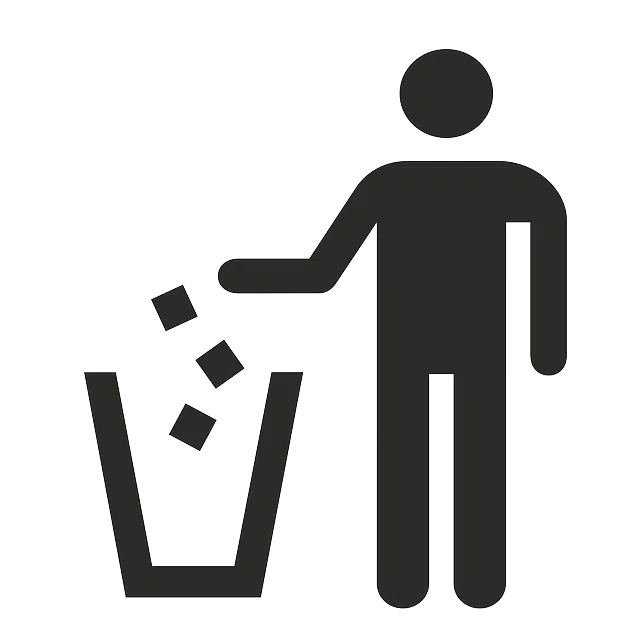
Moral responsibility is associated with the positive or negative evaluation of actions.
The notion of responsibility has different meanings. It can refer to an internal obligation that someone assumes to repair something, a debt, or the power that an individual has to admit the effects of his or her actions.
The idea of morality , meanwhile, refers to conformity with the values that are associated with good or evil. It is a kind of internal guide that guides each person regarding their way of acting, taking into account the consequences of their actions.
What is moral responsibility
Moral responsibility , in this way, implies taking responsibility for the results of actions or even the lack of action . Its evaluation has to do with ethics and determining what is positive or desirable and what is negative or undesirable.
Principles related to religion , culture and philosophy come into play in moral responsibility. Although their establishment is individual or personal, it is common for these norms to be shared at a social level, thereby contributing to the organization of the community as they condition behavior.
When something is defined as bad or condemnable by a social group, it is understood that whoever does it is committing a moral fault. Many times, this moral responsibility is also framed in a judicial responsibility (which can be civil or criminal , for example).

Moral responsibility should lead to not throwing waste where it does not belong.
Differences with the legal
As we already indicated, morality can be linked to the legal . In other words: sometimes, a moral fault is also constituted as a violation of the law . However, both responsibilities are determined differently.
Moral responsibility arises from an internal assessment of the subject. In normal situations, all people are aware of their behavior and the intention behind it, regardless of external issues.
Taking this into account, it can be stated that moral responsibility affects the determination of behavior . Generally, one acts according to what is taken as right or wrong, anticipating the possible consequences. Once the fact has occurred, however, moral responsibility can lead to regret or the desire to apologize for what was done.
Legal responsibility, on the other hand, does not depend on intention. Although there are different degrees of responsibility, if the action constitutes a crime , the sanction is applied without taking into account moral issues. This is due, above all, to the fact that crimes are classified and that this classification, ultimately, arises from an ideal of justice.
Example of moral responsibility
Take the case of a man who is walking down the street and, after finishing drinking a can of soda, he has the empty container in his hand. Moral responsibility should make you carry that waste with you until you find a bin to throw it away ; However, it is possible that you end up throwing it into the street, thus contributing to increasing pollution.
Now suppose someone sees an old man stumble and fall. Morality indicates that the observer should come to assist him . But, since he is in a hurry, he chooses to continue on his way without stopping. This decision shows the lack of moral responsibility of the individual in question.
